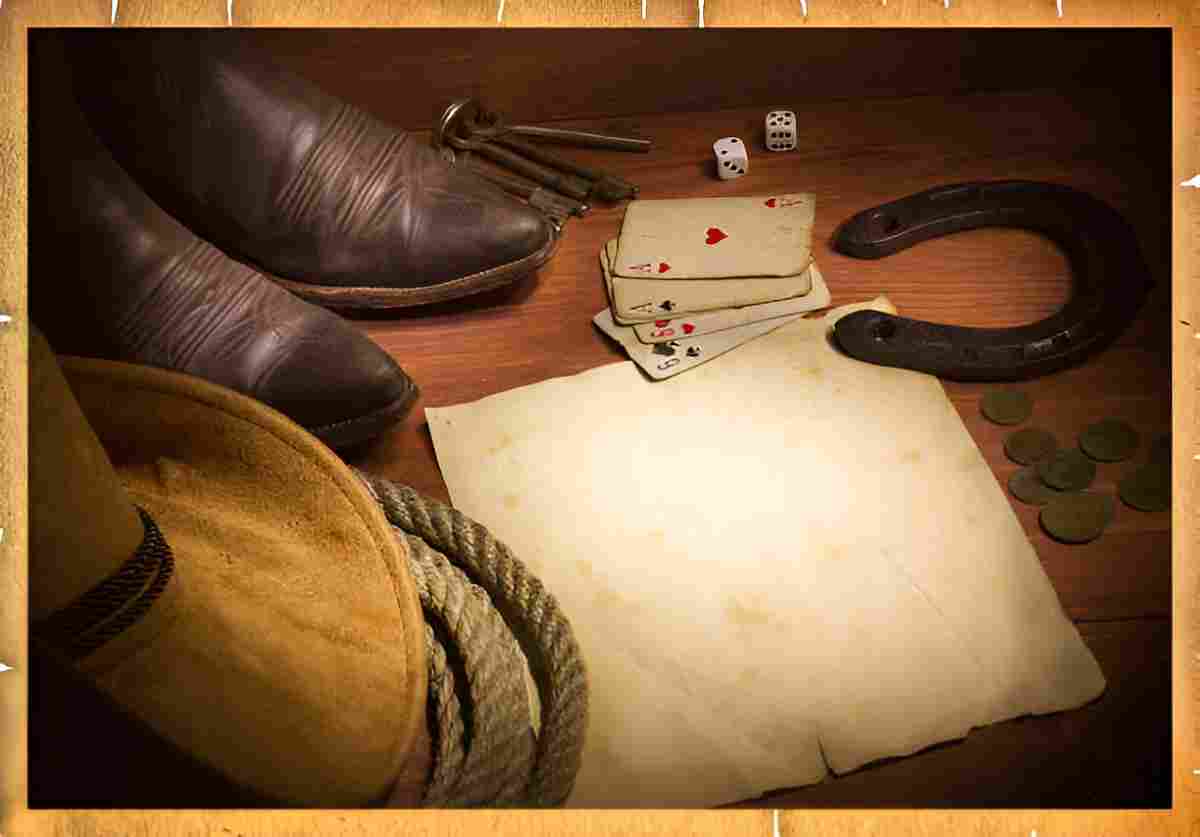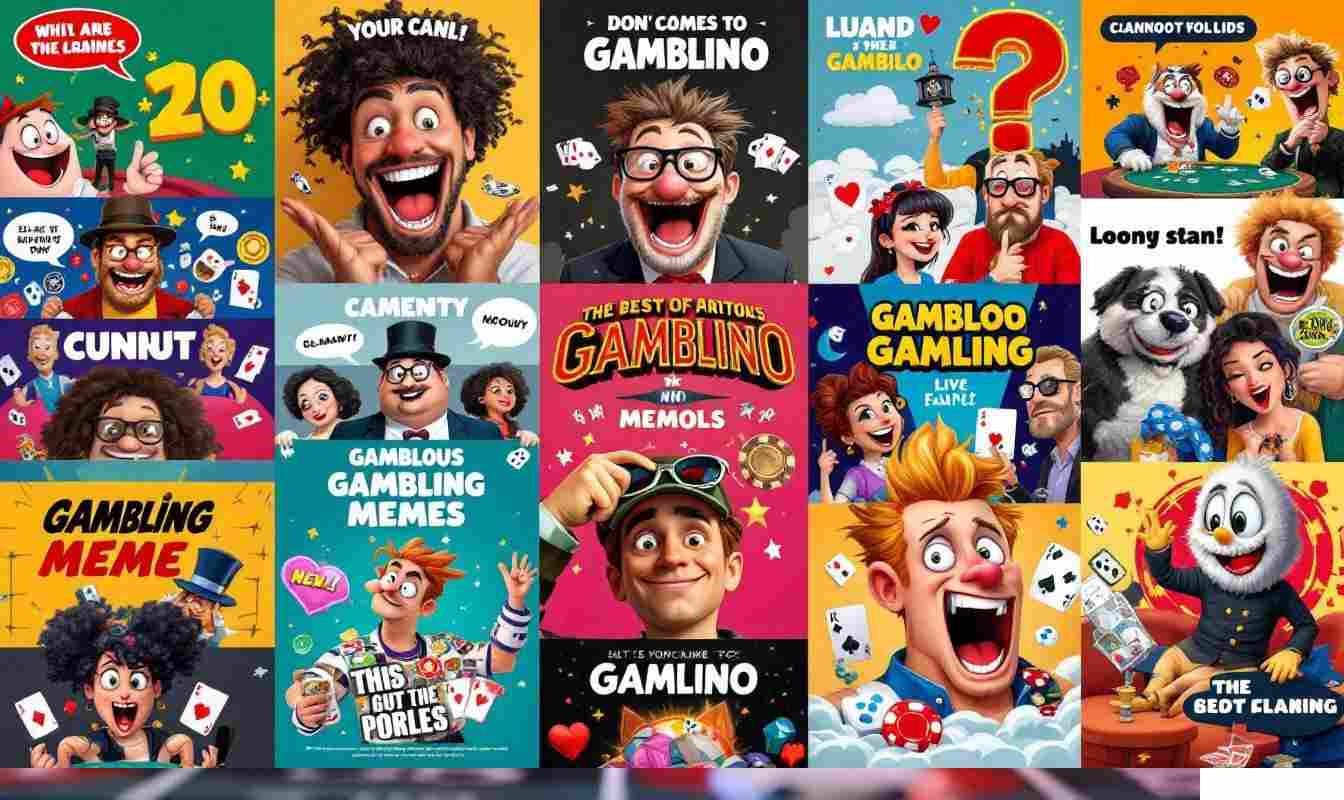The Wild West era has long been romanticized in literature and film, often portraying a rugged landscape teeming with adventure, danger, and the tantalizing chance to strike it rich. Central to these narratives is the thrilling world of gambling cowboy, where fortunes could change hands as fast as a gambler could shuffle cards. This article explores various facets of this high-stakes environment, as well as its lasting impact on the culture of gambling today.
The Allure of the Wild West: A Gambling Cowboy Paradise
In the vast, untamed landscapes of the American frontier, the Wild West emerged as a refuge for those seeking freedom and opportunity. This was a place where the dreams of fortune were as abundant as the open skies. The allure of easy money drew many to the saloons, where a roll of the dice or a game of cards could either lead to untold riches or devastating losses.
With little law enforcement and a plethora of travelers, the Wild West became a vibrant melting pot of characters, each with their own motivations. It was a place where daring individuals tested their luck, hoping to claim their share of the land’s riches. For many, gambling was not just a technique but a way of life, deeply entrenched in the social fabric of this era.
The saloons were more than mere gambling dens; they were the heartbeats of frontier towns, bustling with life and brimming with stories. Patrons would gather around tables, their faces illuminated by flickering oil lamps, as they engaged in spirited games of poker, faro, and blackjack. The air was thick with tension and excitement, punctuated by the clinking of glasses and the raucous laughter of those who had just hit the jackpot. Each hand dealt was a new chapter in the ongoing saga of risk and reward, where fortunes could change in an instant, and friendships could be forged or shattered over a single bet.
Legendary Figures: Iconic Gamblers of the Frontier
The Wild West was home to several legendary Gambling Cowboy whose names are still referenced today. Figures like Wild Bill Hickok, whose expertise at poker became the stuff of legend, and Doc Holliday, known for his skill both as a gambler and a gunman, played pivotal roles in shaping the gambling narratives of their time.
These iconic players not only took risks at the gaming tables but also lived lifestyles filled with drama and excitement. Their stories often blurred the lines between history and myth, leading many to idolize their risky behavior and the thrilling life of a gambler. Through their escapades, they established the archetype of the high-stakes player, provoking others to follow in their footsteps.
The Rise of Saloon Culture: Where Luck Meets Liquor
Saloon culture flourished in the Wild West, serving as hubs for social interaction and entertainment. These establishments offered more than just drinks; they provided spaces where games were played and fortunes changed. With raucous music, laughter, and the clinking of glasses, saloons created an atmosphere conducive to gambling excitement.
As saloons proliferated, so did the variety of games offered. Poker rooms sprang up, drawing in eager players, while other games such as Faro also became popular. This setting fostered a sense of camaraderie among gamblers as they shared both their victories and defeats over drinks, further intertwining gambling with social life.
High-Stakes Games: Poker, Faro, and Beyond
Among the myriad of games played in saloons, poker and Faro stood out as the most favored. Poker’s popularity surged due to its combination of skill, luck, and psychological strategy, making it a thrilling pursuit for many. Whether it was five-card draw or stud poker, players gathered around the table, hoping to outwit one another.
Faro, a simpler card game, also attracted large crowds’ attention, drawing in novices and seasoned gamblers alike. It was easy to learn yet difficult to master, which provided a tempting challenge for players who enjoyed the thrill of chance. The stakes were often high, leading to moments of tension that defined the gambling experience of the Wild West.
The Role of Women in Western Gambling: Breaking Stereotypes
While the Wild West may be characterized by cowboys and gunslingers, women also played significant roles in the gambling scene. Contrary to the stereotypical view of women at the time, many female gamblers emerged as prominent figures within this space. They defied traditional roles, often showcasing skill that rivaled their male counterparts.
Women such as Poker Alice and Clara “Lady” Chisholm made headlines with their exceptional gameplay and fearless approach to gambling. These women not only participated in high-stakes games but often amassed considerable fortunes, challenging societal norms and redefining gender roles in their communities.
The Influence of Native American Gaming Traditions
The gambling traditions of Native Americans significantly shaped the landscape of Western gambling culture. Long before the arrival of settlers, Indigenous tribes engaged in various games involving luck and strategy, often resulting in a communal aspect of gaming.
This rich heritage contributed to the broader gambling experience once the American Frontier Gambler opened. As settlers shared their own games, a blending of traditions occurred, leading to an evolution in gambling practices that incorporated both Indigenous and European influences. This melding created a unique platform from which modern gambling has continued to grow.
From Gold Rush to Gambling Cowboy Boom: Economic Impacts
The economic environment of the Wild West was deeply influenced by the Gold Rush. As miners arrived in search of wealth, they contributed to a burgeoning economy that included a rise in gambling activities. Saloons and gambling halls quickly became essential to community life, providing entertainment and a means for local economies to thrive.
This period of economic prosperity fueled the expansion of gaming establishments across the West, leading to a gambling boom that attracted more individuals willing to risk their fortunes. As towns grew and became more developed, gambling became more institutionalized, shaping the future of gaming in America.
Modern-Day Cowboys: How the Wild West Influences Today’s Gambling Culture
The legacy of the Wild West continues to pervade modern gambling culture. Today, the themes of risk-taking, adventure, and luck still resonate among gamblers worldwide. The romanticized image of the cowboy as a rugged individualist lives on through contemporary gambling venues that seek to capture the spirit of the frontier.
From themed casinos in Las Vegas to online platforms that mimic Wild West aesthetics, the influence of this era persists. Gamblers today often embrace the thrill of high stakes, echoing the same zeal that characterized players of the past. As we look back at this fascinating time, it becomes clear that the spirit of the Wild West is woven into the very fabric of gambling culture, highlighting its enduring legacy.








